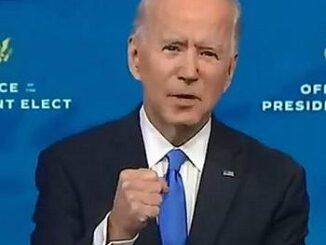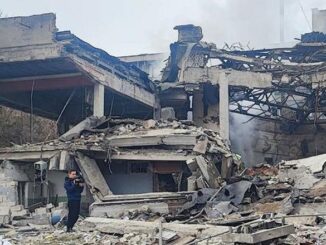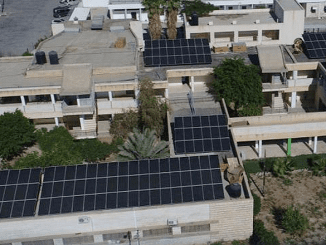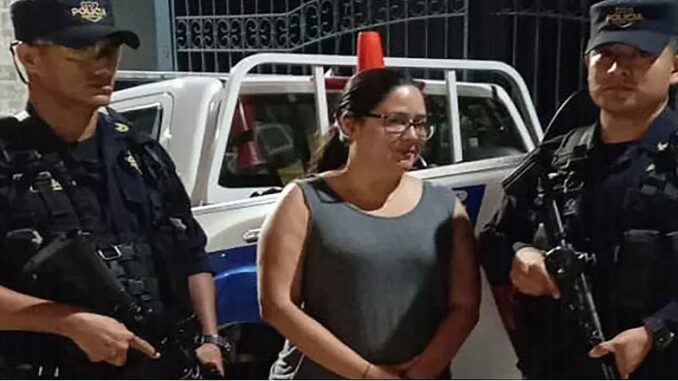
GENEVA, Switzerland, June 5, 2025 (ENS) – The lead lawyer of a prominent Salvadoran human rights group representing the families of Venezuelan immigrants imprisoned in El Salvador after the Trump administration had them deported has been arrested.
Human rights experts with the United Nations are pressing the Government of El Salvador to ensure human rights defender Ruth López is granted all fundamental legal safeguards and due process guarantees while in detention. An outspoken critic of Salvadoran President Nayib Bukele, an ally of U.S. President Donald Trump,
López’s whereabouts are unknown. Authorities have denied her access to legal counsel and family, raising serious concerns about her safety and due process.
López, 47, is a human rights attorney who serves as director of the Justice and Anti-Corruption Unit of Fundación Cristosal, a Salvadorean civil society organization that defends human rights and protects victims of violence in Central America, was arrested on May 18, 2025 at her home in the nation’s capital, San Salvador.
Prosecutors are accusing López of embezzlement, but at the time of her arrest, authorities did not provide any details about the allegations against her.
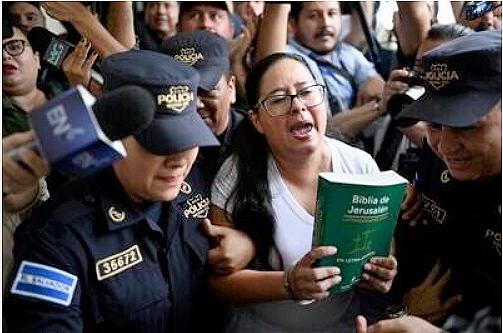
Now accusations have surfaced alleging that López embezzled funds relating to her work as an advisor to a magistrate in the Supreme Electoral Tribunal from 2009 to 2014.
López has denied any wrongdoing. “The only reason for this detention is that I am a human rights defender and work for an NGO uncomfortable for the government,” López said upon her arrest. She told the officers, “Have some decency; one day this will all end. You must not play into this.”
“Ruth López has bravely exposed corruption and human rights violations in El Salvador,” said Juanita Goebertus, Americas director at the New York.-based nonprofit Human Rights Watch. “Her arrest appears to be part of increased efforts to silence critics of the Bukele government.”
López’s detention is the latest reminder that, under President Nayib Bukele, El Salvador is increasingly hostile to journalists, union leaders, and human rights defenders, Human Rights Watch says.
“Labeling critics as ‘gang defenders,’ the Bukele administration and its supporters in the Legislative Assembly have passed laws that undermine freedom of expression, revoked the tax-exempt status of some NGOs, and arrested human rights defenders, including, most recently, a lawyer and an evangelical pastor linked to a peaceful protest against evictions. As a result of escalating harassment, prosecutors who have exposed Bukele’s government corruption and negotiations with gangs have been forced into exile, as have members of the media,” Human Rights Watch revealed in a May 20 statement.
Authorities did not disclose her fate and whereabouts to her family or legal representatives until May 20, subjecting her to enforced disappearance until that point, according to the UN experts.
“State authorities who detain individuals and refuse to acknowledge that they are in custody or disclose their fate or whereabouts place them outside the protection of the law,” the UN experts said. “Such acts constitute an enforced disappearance, regardless of the length of detention or concealment.”
The experts stressed that women who are subjected to enforced disappearance often face gender-specific harm, including sexual and other forms of gender-based violence.
“The enforced disappearance of human rights defenders is a strategy often used to spread terror,” the experts warned. “It creates a chilling effect in society, deterring individuals from taking action to protect the public interest out of fear.”
“We urge the Government of El Salvador to protect and promote diversity, and provide a public space where different opinions and historical interpretations can be openly expressed,” the UN experts said. “Anyone who challenges dominant narratives should not feel at risk of repression.”
The Working Group on Enforced or Involuntary Disappearances is in contact with authorities in El Salvador about this issue.
Special Rapporteurs, Independent Experts and Working Groups are part of what is known as the Special Procedures of the Human Rights Council.
Special Procedures, the largest body of independent experts in the UN Human Rights system, is the general name of the Council’s independent fact-finding and monitoring mechanisms that address either specific country situations or thematic issues in all parts of the world.
Special Procedures’ experts work on a voluntary basis; they are not UN staff and do not receive a salary for their work. They are independent from any government or organization and serve in their individual capacities.
Featured image: El Salvadoran human rights lawyer Ruth Lopez is arrested at her home in San Salvador, the capital of El Salvador, May 18, 2025 (Photo courtesy Attorney General of El Salvador)
© 2025, Environment News Service. All rights reserved. Content may be quoted only with proper attribution and a direct link to the original article. Full reproduction is prohibited.

